All to play for in North East election battlegrounds
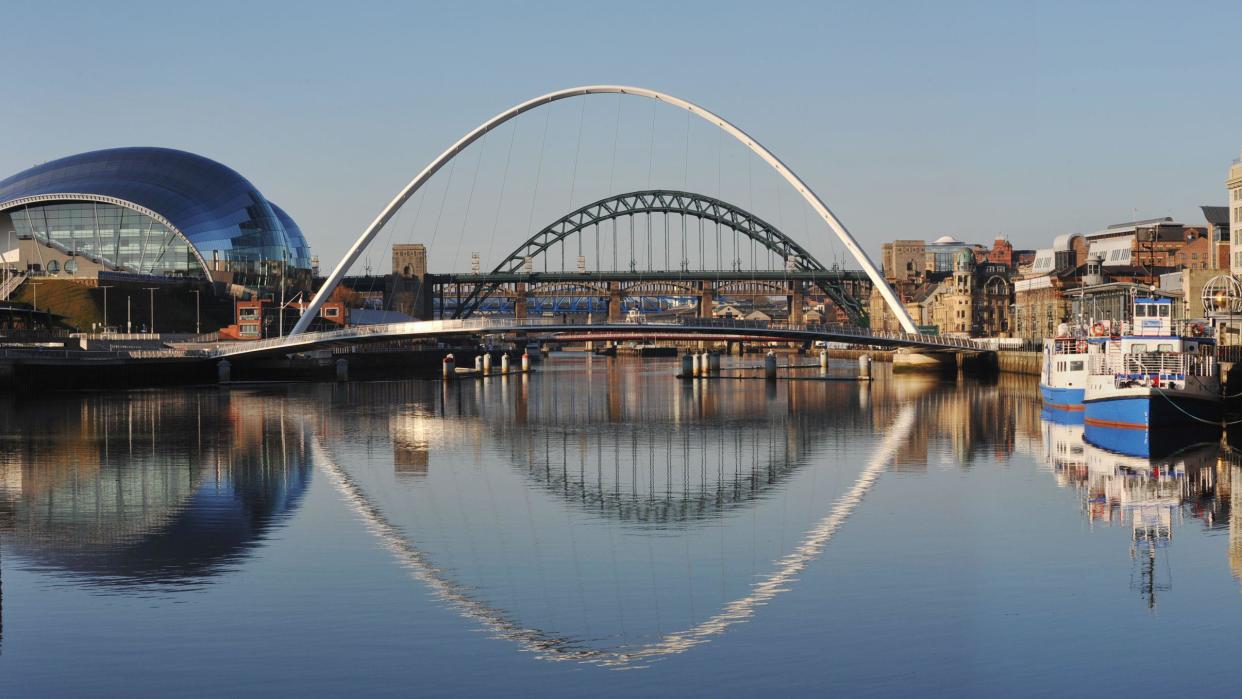
When the Conservatives took an extra seven North East seats in 2019, it gave the party its biggest parliamentary presence in a region dominated by Labour for decades.
Some of the wins happened in places that had never put a Tory in parliament before.
The question, though, was just how permanent that political change would be?
Shallow roots can soon be exposed if you do not dig in deep. And so, in 2024, comes the test.
On the face of it, it looks like a huge challenge.
If national polling is right, the Conservatives not only face seeing the 2019 gains wiped out, but also need to worry about seats they would usually consider bankers.
Some factors that propelled that 2019 success have evaporated.
Brexit is no longer an electoral clarion call, and Labour has a leader that does not automatically turn off a significant percentage of voters here.
The Conservatives are also no longer led by Boris Johnson, a Tory Prime Minister who, whatever his flaws, did seem to connect with voters here to a much greater extent than his predecessors.
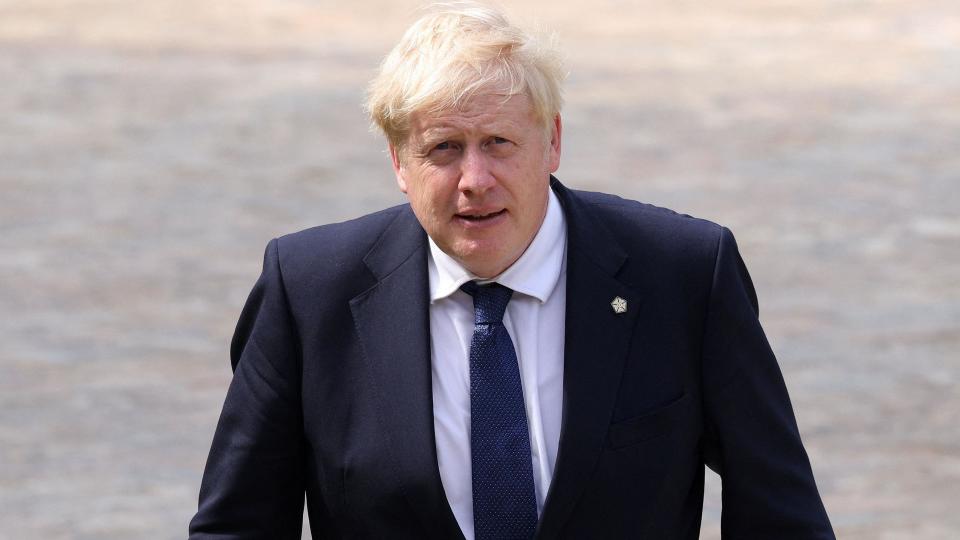
That leaves the other mantra from five years ago - the promise to level up and, by implication, transform the economic fortunes of the country’s poorest region.
The idea of levelling up was and remains a slippery concept. But at its base, this election will see North East voters asking themselves - do they feel better off than in 2019, and do their communities feel in a better place?
The idea that the region could be transformed within five years was always for the birds, but people will be asking themselves whether they have seen enough progress.
Some infrastructure is being built - most notably a new passenger rail link in Northumberland.
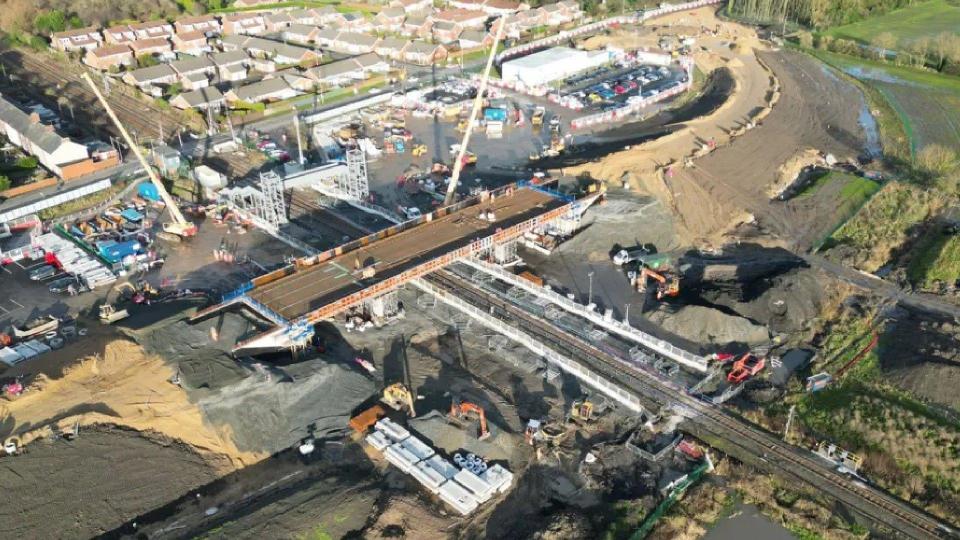
There is regeneration under way - the former site of Redcar’s steelworks being the most high profile example.
And Darlington now boasts an offshoot of the Treasury and other government departments. Unemployment statistically is down.
But the job is far from done. Even some of the levelling up funding that has been sent here has yet to be spent.
A pandemic and a cost of living crisis also have exposed and entrenched poverty and disadvantage.
Public services that have never fully recovered from austerity are hardly firing on all cylinders.
From struggles to get a dental appointment to the crumbling state of some local schools, voters will be weighing up who to blame, and who could fix the problems.
Although immigration is not a big factor in the region’s economic and social fabric, voters - particularly potential Tory ones - are constantly pressing existing MPs to get a stronger grip on it.
And so the Conservatives find themselves besieged in a string of seats.
From Bishop Auckland to Berwick, Tory candidates with apparently healthy majorities to defend are wondering if they have a future.
Labour have even been eyeing up a win in Hexham in Northumberland - a seat with a 10,000-plus majority that even Tony Blair failed to win in 1997.
MPs have hope
On top of that, two of the Conservative's most unlikely wins from five years ago have already been wiped out by boundary changes.
The Blyth Valley constituency, an early and emblematic Conservative triumph on 2019 election night, has been carved up into two seats that Labour would have won even five years ago.
And party chairman Richard Holden’s North West Durham constituency has been wiped off the map, leaving him currently with no seat to contest.
But some still have hope.
Ben Houchen’s victory in the recent Tees Valley Mayoral election shows it may still be possible for Conservatives to win in the region, and all the area’s MPs are keen to capitalise on his continuing appeal, and call for voters to back a kind of partnership with him.
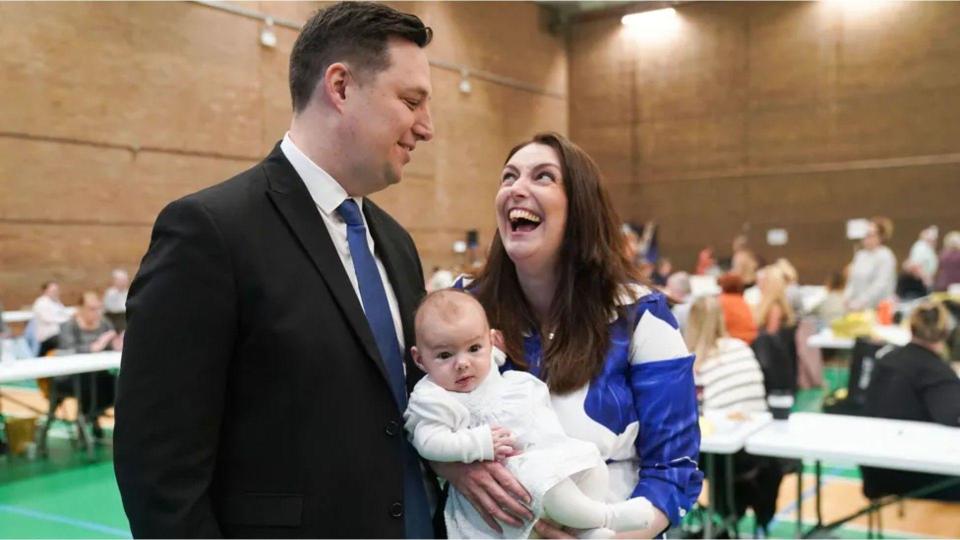
And there are still challenges for Labour.
Rishi Sunak has yet to demonstrate he can appeal to the region as Boris Johnson did in his pomp, but there is no sign either of 1997 Blair-style excitement about Keir Starmer entering Number 10.
There are few voters who believe life will be transformed with a simple change of regime.
His party, though, is currently doing enough.
In the recent local elections, Labour took back control of Hartlepool Council, a win that makes it look set to reverse the low point of the Starmer era - the loss of the town’s parliamentary seat to the Conservatives in 2021.
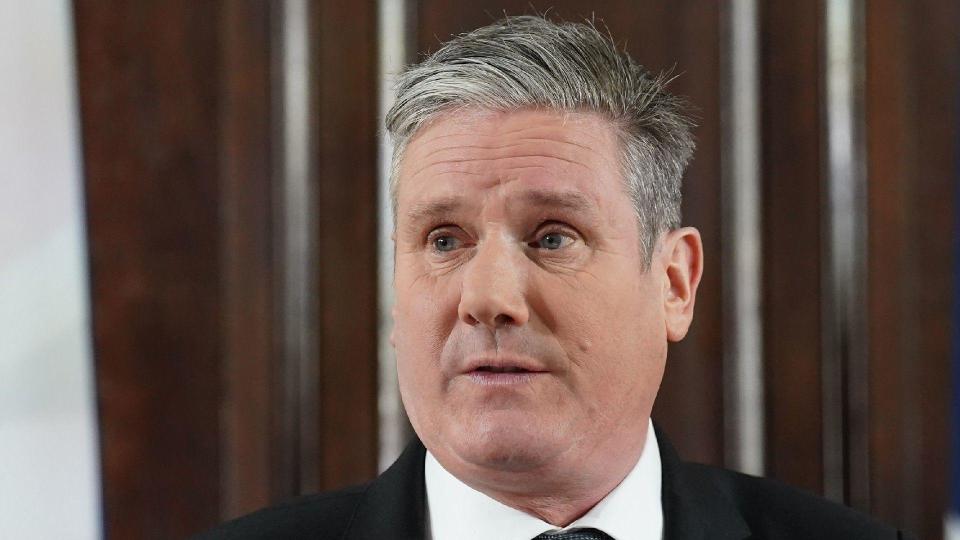
You can still sense some tension though among candidates. An opportunity has opened up they do not want to blow. Some bear the scars of experiencing that 2019 low.
They know they still need to turn disillusionment with the government into a positive vote for change.
They do, though, start the campaign in a far better place than their Conservative rivals.
As for other parties, the Liberal Democrats have no real targets. The new constituency of North Northumberland closely mirrors the Berwick seat the party held until 2015, but there seems little confidence of a comeback.
Its aim may be to return to second place in some seats.
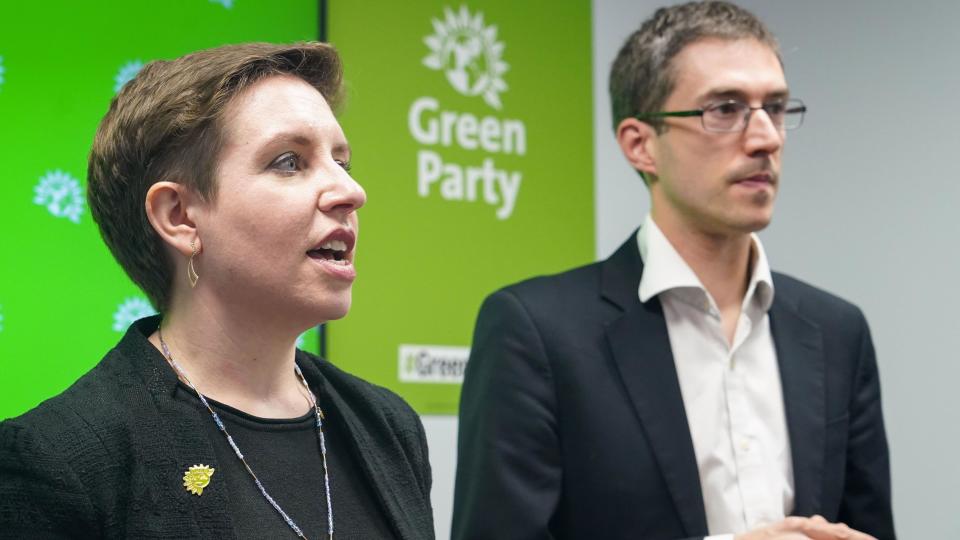
The Green Party has had some notable local election successes in the region, and will be more of a factor than in 2019.
They may complicate the picture for Labour, but the Greens are not yet in a position to realistically target seats. The same is true for the embryonic Workers Party.
Reform UK put up a decent showing where it had candidates in May’s local elections and that will worry the Conservatives.
Its precursor, the Brexit Party, probably saved the bacon of some Labour MPs in 2019 by splitting the right-of-centre vote. This time it may seal the fate of some of the region’s Tories.
What we can certainly say is that there are more North East seats in potential play at this election than any other in living memory.
2019 saw the biggest turnover of MPs here since the 1930s. 2024 has the potential to see even greater change.
But that potential shift will remain just potential until the votes are counted on 4 July.
Given the number of battlegrounds, though, Labour and the Conservatives will be throwing an awful lot of resources into a region that will be crucial in deciding who’s celebrating when 5 July dawns.
Follow BBC North East on X (formerly Twitter), Facebook and Instagram. Send your story ideas to northeastandcumbria@bbc.co.uk.


